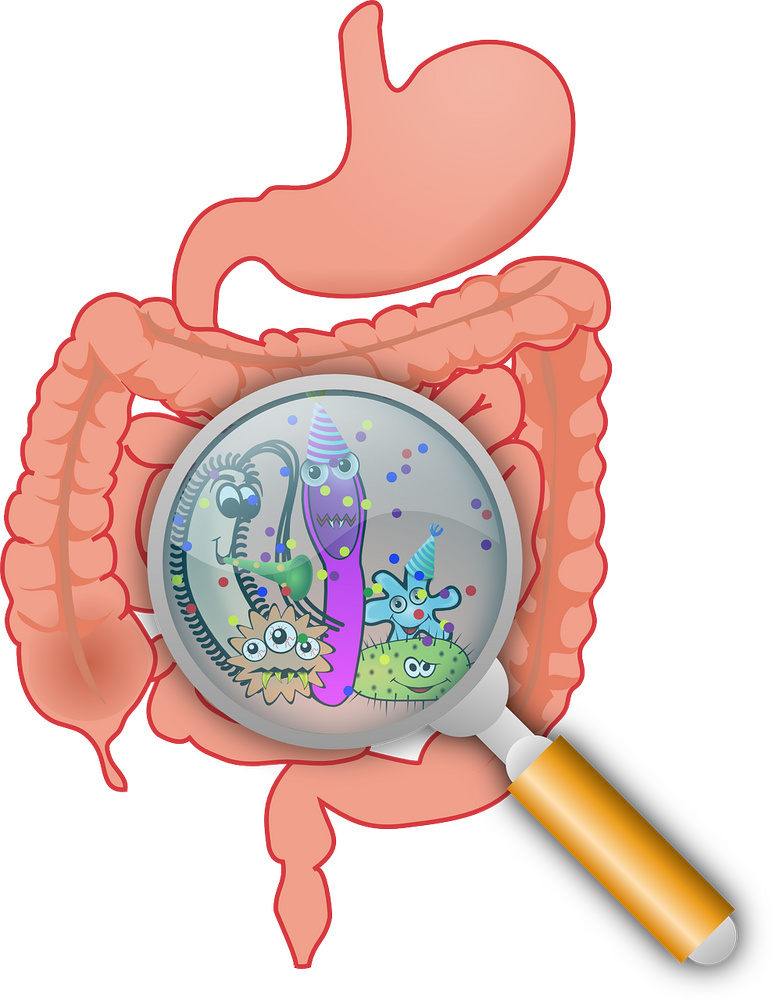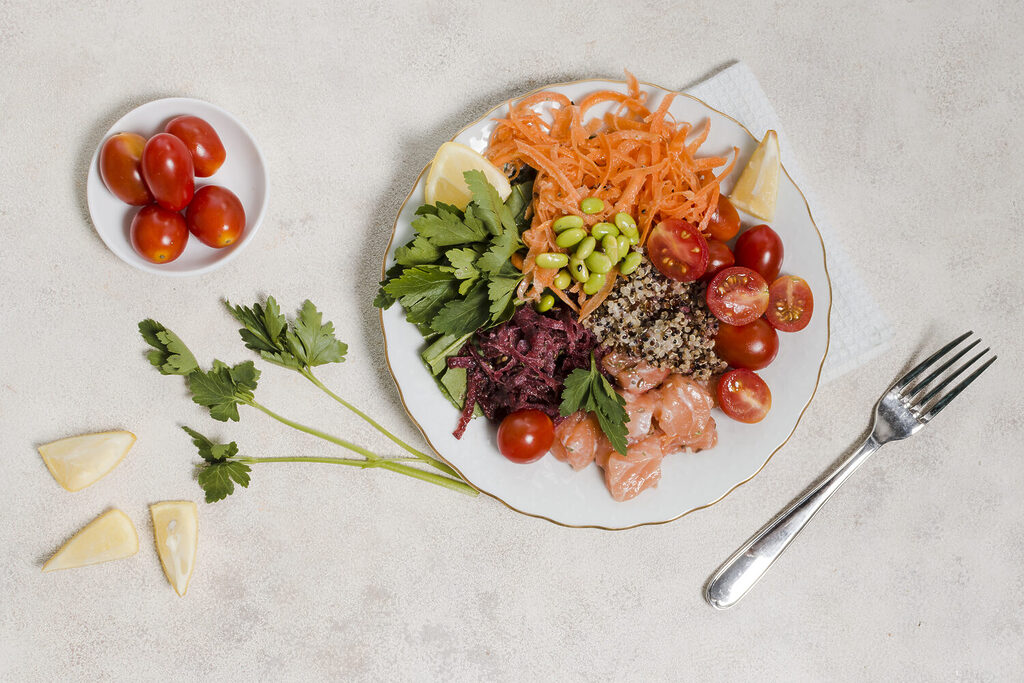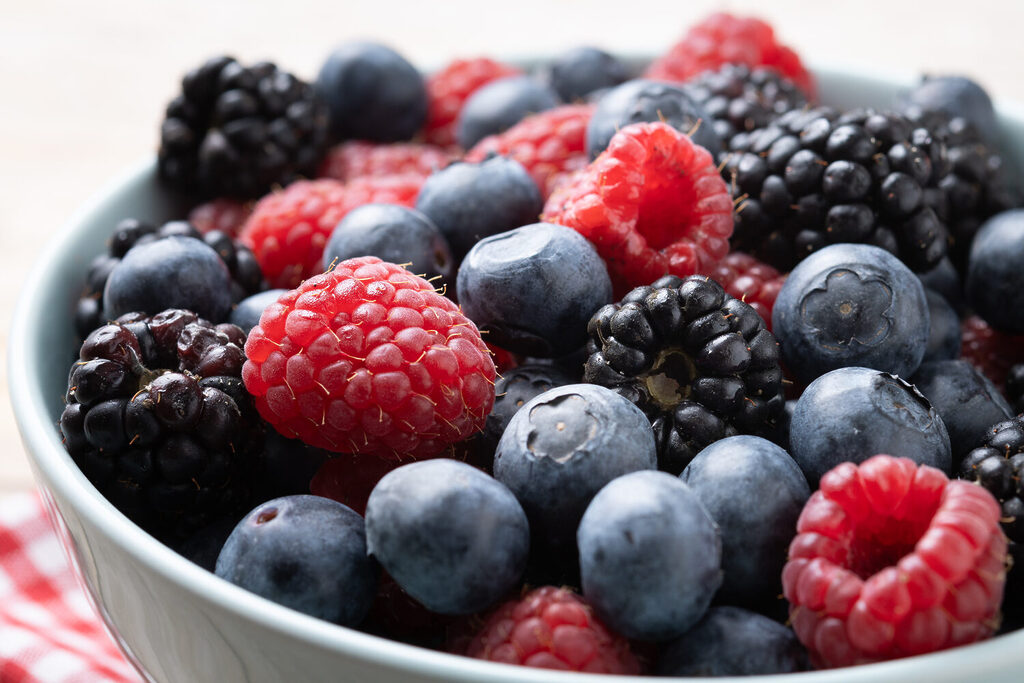Microbiota sounds familiar, doesn’t it? This refers to the community of microorganisms living in our body, mostly in our digestive system. Over the past few years, science has focused on the bacterial world of our intestines, as well as Netflix with a recent documentary named ‘’Hack Your Health: The Secrets of Your Gut’’.
What is the microbiota?
The microbiota, also known as the intestinal flora or microbiome, refers to the numerous microorganisms that colonize our body, i.e. the surface of our skin, respiratory tract, mouth and intestines. They play an important role in a variety of our body’s reactions, relating to our health, digestion, immune system and even our emotional well-being.
Why is it so important ?
One of the major roles of our microbiota is to maintain a good equilibrium in our body. Notably, the microbiota plays a crucial role in the development and the proper functioning of our immune system, while regulating our inflammatory response. 70% of our immunity is in our microbiota, since the bacteria that constitute it, teach our body to respond appropriately to invaders.
Another important function of the microbiota is the digestion and absorption of nutrients. In fact, intestinal bacteria break down food into smaller particles to facilitate absorption in the body.
Moreover, fascinating as it may seem, there is a direct link between the gut and the brain, known as the gut-brain axis, which allows direct stimulation of nerve pathways. Intestinal bacteria can synthesize neurotransmitters such as serotonin, also known as the “happy hormone”.
For all these reasons, a simple disruption of our microbiota may trouble our overall health…
How to maintain it and take care of it ?
The best way to take care of these indispensable micro-organisms is to feed them properly. The words prebiotics and probiotics probably ring a bell. Well, prebiotics refer to the non-digestible dietary fibers that feed our bacteria. Dietary fiber promotes the growth and activity of beneficial bacteria, helping to maintain intestinal health. Dietary fiber is naturally obtained from fruits, vegetables, beans and whole-grain cereal products, such as brown rice and whole wheat bread.
Probiotics, on the other hand, are living microorganisms, generally healthy bacteria that we ingest. They are found naturally in fermented products such as yogurt, sauerkraut, kimchi, kefir and kombucha. In the right quantities, probiotics can help increase the number of good bacteria and restore the balance of our intestinal microbiota.
Does microbiota affect our health?
Our microbiota operates on several levels to maintain our body’s balance. An unbalanced intestinal flora can result in a non optimal functioning of our immune system, as well as our digestive system. A large proportion of abdominal aches are caused by a disorder of our intestinal bacteria, known as dysbiosis, rather than food intolerances. A disrupted microbiota may also increase depressive and anxiety symptoms at various levels.
In conclusion, with a better understanding of the microbiota and its role, it’s clear that taking care of your microbiota is crucial. By maintaining a healthy lifestyle and a balanced way of eating, we promote a strong intestinal flora and optimal well-being. As nutritionists, we’re here to team up with you and customize your nutritional needs.
Thank you for taking your health to heart,
Your nutritionists,
Johanne Vézina Nutritionist & Speaker



